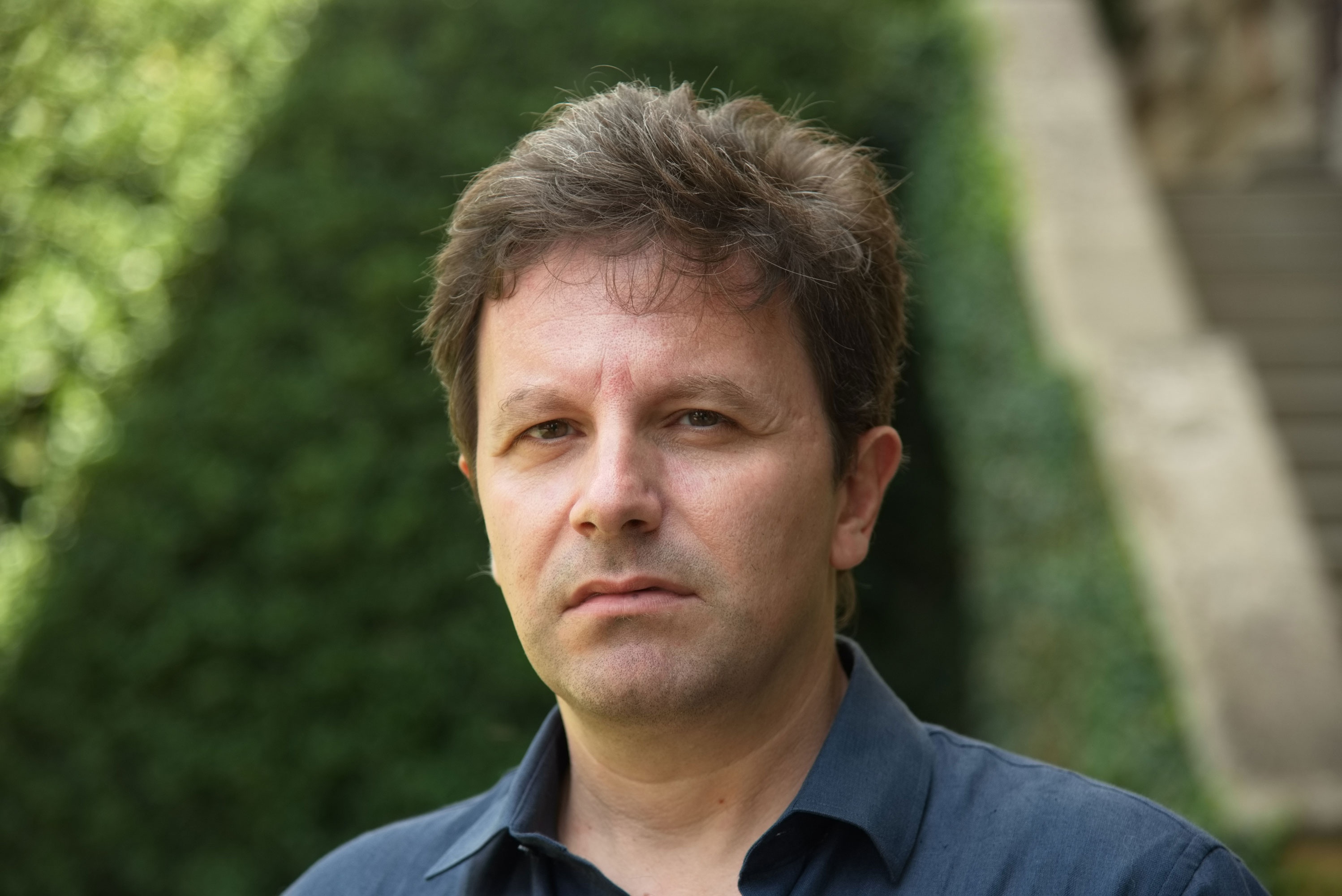Ioannis Kyriakantonakis
A study on Seventeenth-Century Religious Dynamics. The Traces of Kigalas Family.
2022-2023 (July-December)

Biography
Dr. Ioannis Kyriakantonakis is a teaching associate at the National and Kapodistrian University of Athens, Department of Political Science, and at the Hellenic Open University. He is also a tenured teacher of history and classical languages in the Greek High School system. He has conducted post-doctoral research on the prosopography, intellectual history and historical sociology of the Greek scholarly community of Constantinople of the early modern and modern times; on the intellectual history of nationalism; and the Orthodox contexts of early modern religious dynamics. He has held research positions at the National and Kapodistrian University of Athens, the Hellenic Institute of Venice, and the Center for Asia Minor Studies in Athens.
Project Summary
The study of early modern religious relations reveals a dense field in the history of Christianity, containing confessional dialogues and intellectual contacts of religious experts, their changing ecclesiastical affiliations, variety of educational options, and considerable mobility. Within this framework, Orthodox scholars moved from their homelands to the symbolic, administrative, and educational centers of Constantinople, Rome, Venice-Padua, or Jerusalem. At the same time, clerics of the Roman Catholic faith established monastic orders in the Ottoman Empire and Protestants took steps to create diplomatic and confessional connections with the Orthodox Church. This project aims to elaborate types of religious relations through the study of a Cypriot family and its circle in the places where they lived in Italy and the Ottoman Empire. Responding to the religious challenges of their time, Matthaios Kigalas and his sons, Hilarion, Giovanni, and Demetrios acquired higher education, corresponded with or met famous scholars, composed and published their works, taught in universities, converted to rival churches, rose to authority, and were subjected to persecution. This biographical and bibliographical material of the lesser-known Greek-speaking scholars is intended to be inscribed in the framework of the social, intellectual and ecclesiastical history of religious dynamics and to make valid the theoretical propositions developed for the understanding of their complex landscape.
